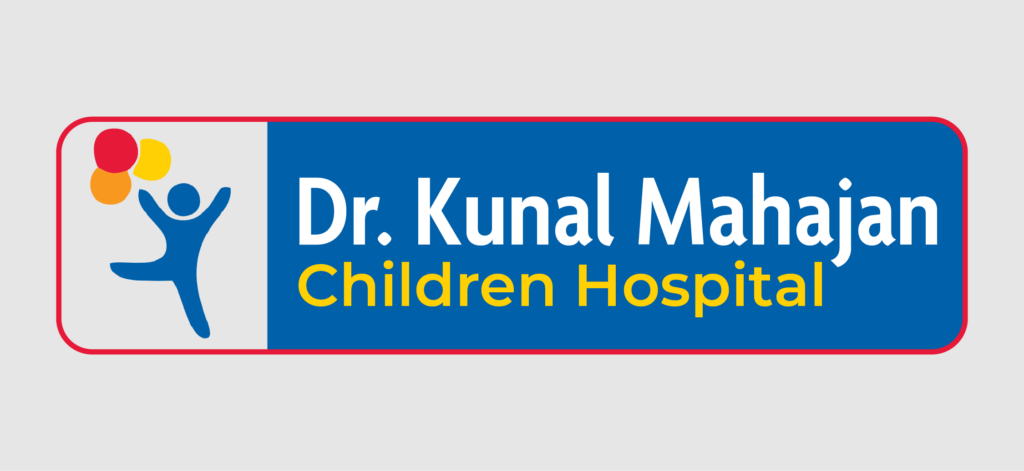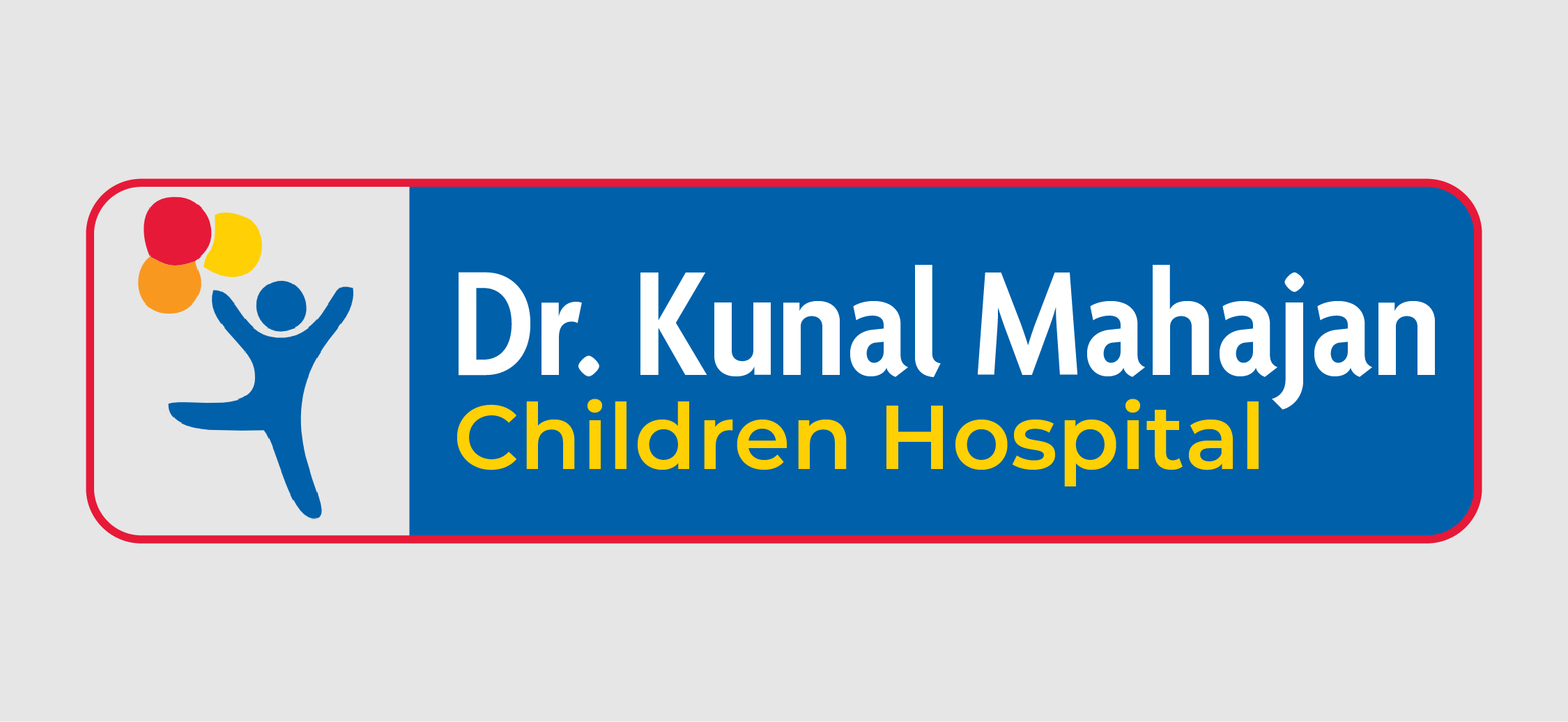What are Nutritional Deficiencies?
Nutritional deficiencies happen when the body doesn't get enough of the nutrients necessary for proper functioning. This can stem from inadequate intake of nutrient-rich foods, poor absorption due to conditions like celiac disease or surgeries, increased nutrient needs during pregnancy or growth phases, or medical conditions affecting nutrient metabolism.
Causes of Nutritional Deficiencies:
Several factors contribute to nutritional deficiencies:
- Inadequate Diet: Not consuming enough nutrient-rich foods like fruits, vegetables, whole grains, and lean proteins.
- Poor Absorption: Conditions such as celiac disease, Crohn's disease, or surgeries affecting the digestive tract can hinder nutrient absorption.
- Increased Requirements: Pregnancy, breastfeeding, childhood growth spurts, and intense physical activity elevate nutrient needs.
- Medical Conditions: Chronic illnesses, kidney disease, and certain medications can disrupt nutrient absorption or increase nutrient losses.
Common Nutritional Deficiencies and Their Symptoms:
- Iron Deficiency:
- Symptoms: Fatigue, weakness, pale skin, shortness of breath, brittle nails.
- Sources: Red meat, beans, lentils, spinach, fortified cereals.
- Vitamin D Deficiency:
- Symptoms: Bone pain, muscle weakness, fatigue, mood changes.
- Sources: Sunlight exposure, fatty fish, fortified dairy products, supplements.
- Vitamin B12 Deficiency:
- Symptoms: Fatigue, weakness, tingling or numbness in hands and feet, difficulty concentrating.
- Sources: Meat, fish, dairy, fortified cereals, supplements.
- Calcium Deficiency:
- Symptoms: Muscle cramps, osteoporosis (brittle bones), dental issues.
- Sources: Dairy products, leafy greens, nuts, fortified foods.
- Iodine Deficiency:
- Symptoms: Goitre (neck swelling), fatigue, weight gain, hair loss.
- Sources: Iodized salt, seafood, dairy, seaweed.
Management of Nutritional Deficiencies:
- Dietary Changes: Include a variety of nutrient-dense foods in your diet such as fruits, vegetables, whole grains, lean proteins, and dairy alternatives.
- Supplements: Take supplements if dietary intake is inadequate or absorption is compromised, under the guidance of a healthcare provider.
- Medical Treatment: Address underlying conditions affecting nutrient absorption or metabolism with medical intervention.
- Regular Monitoring: Periodic blood tests can assess nutrient levels and guide adjustments in diet or supplements.
- Lifestyle Adjustments: Maintain regular physical activity, manage stress, and avoid excessive alcohol and tobacco use to support overall nutritional status.
Nutritional deficiencies can impact health and quality of life if not addressed. Understanding the causes, identifying symptoms early, and implementing effective management strategies are crucial for prevention and treatment. By adopting a balanced diet, considering supplements when necessary, and seeking medical advice for persistent symptoms, individuals can optimize their nutritional status and promote long-term well-being.



